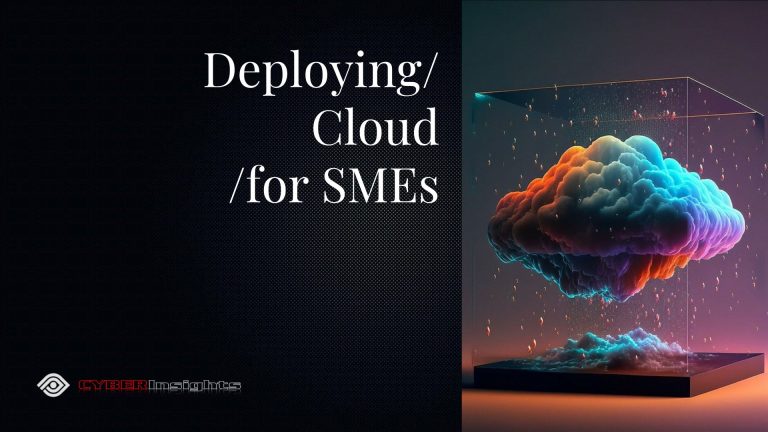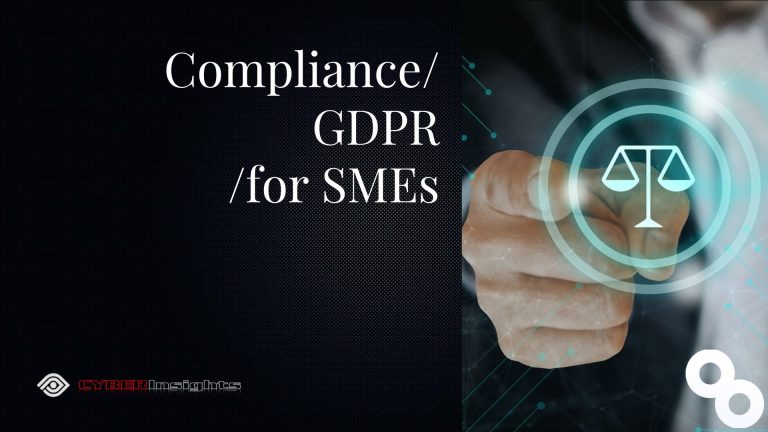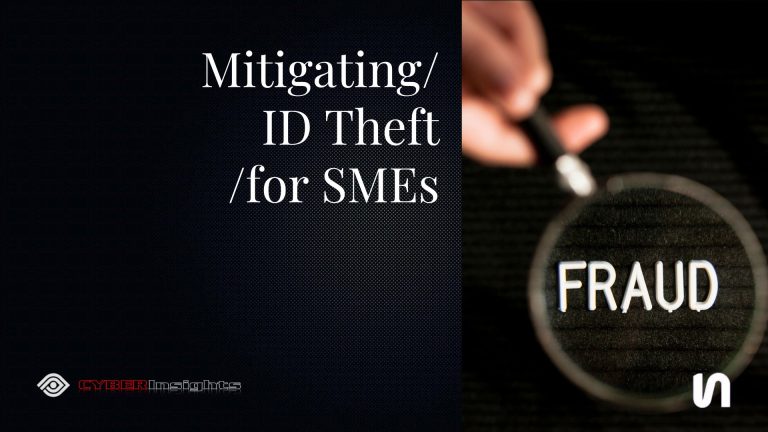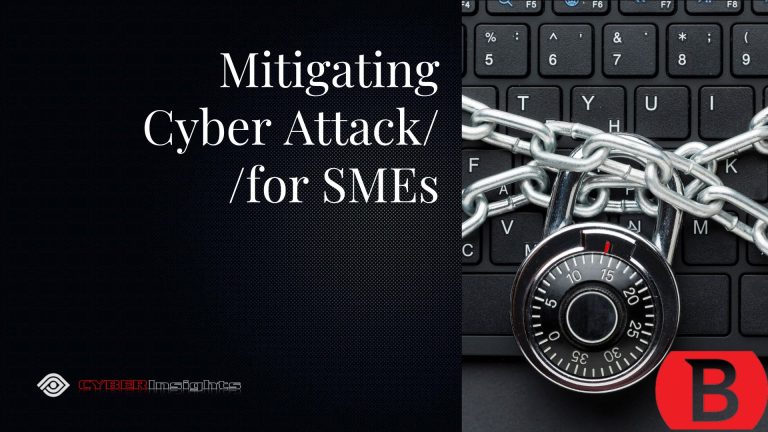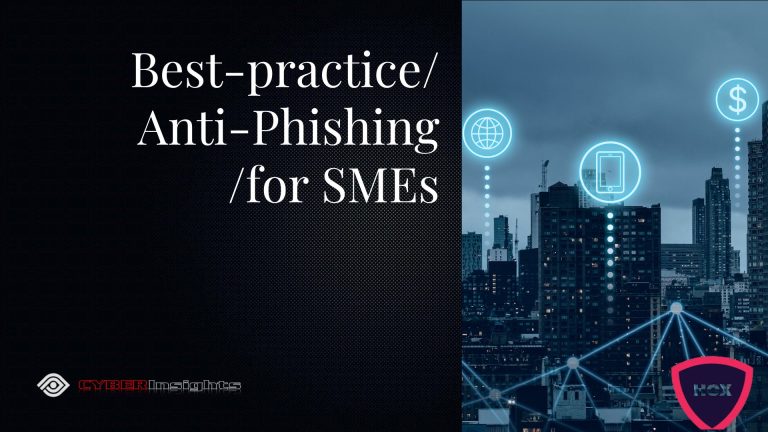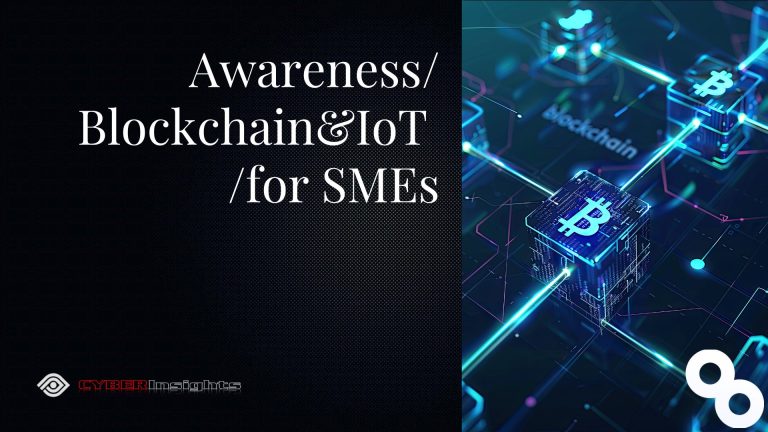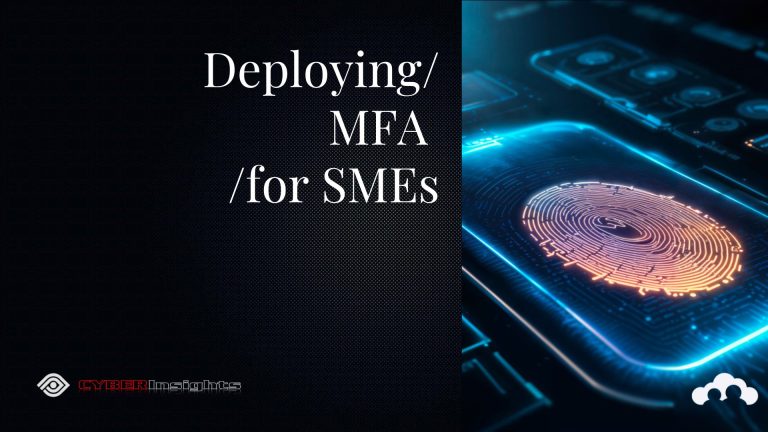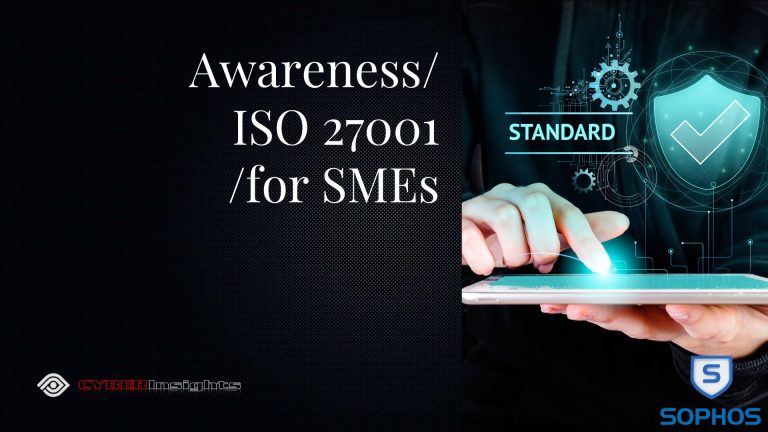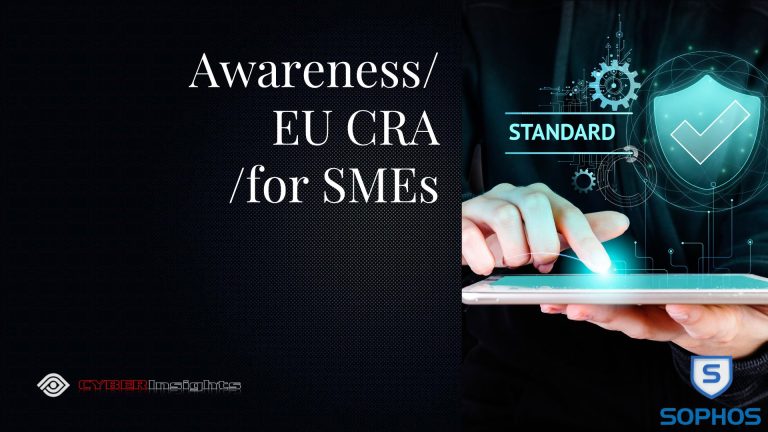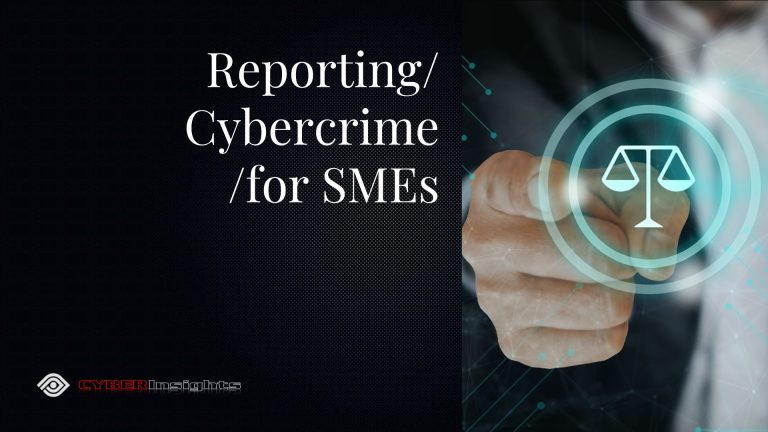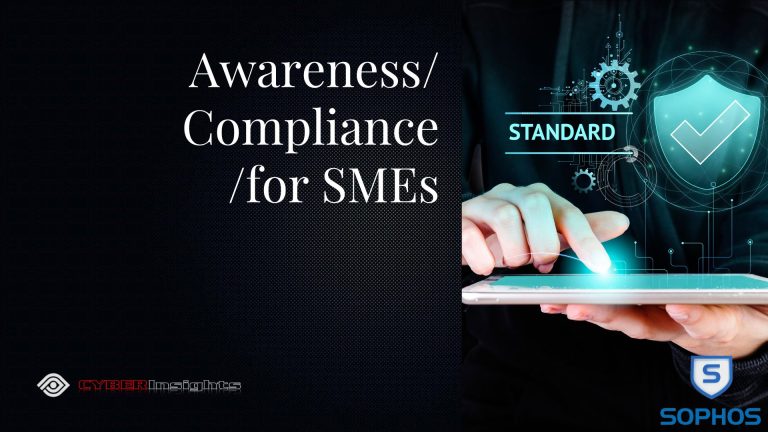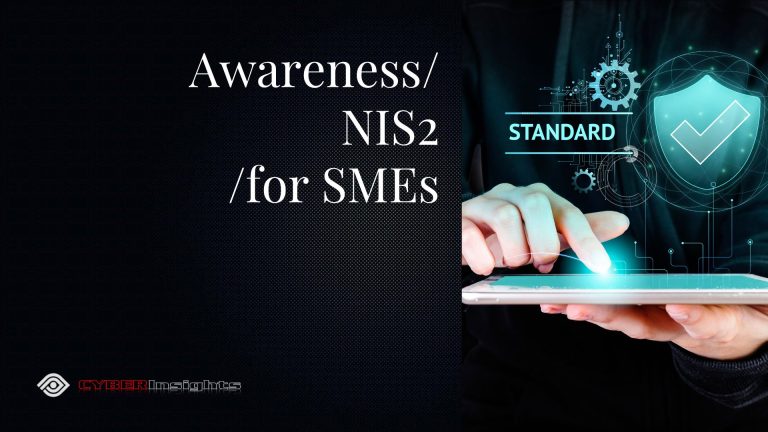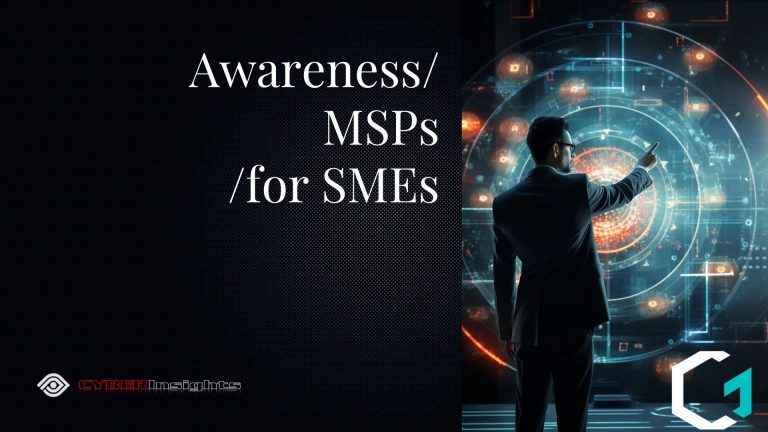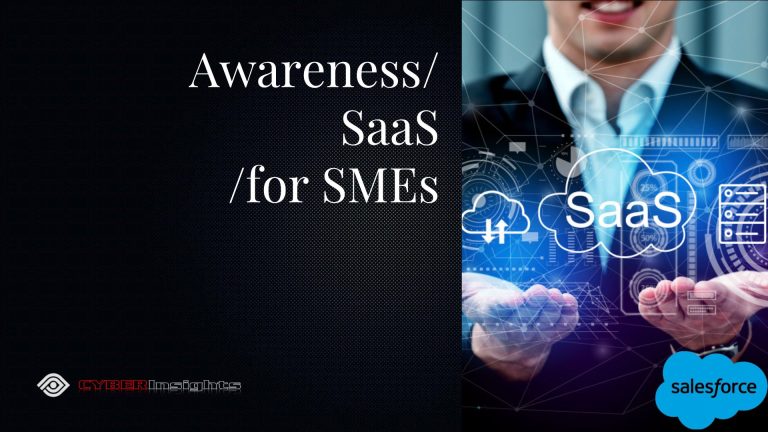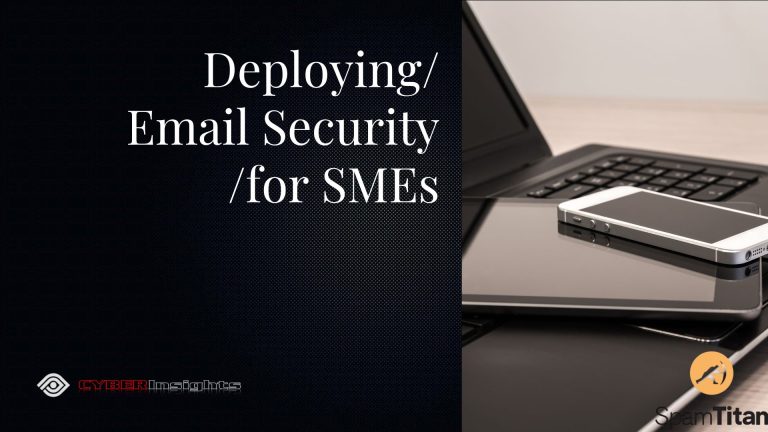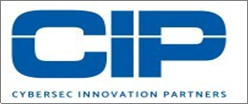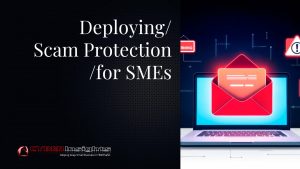GDPR: General Data Protection Regulation Compliance for SMEs –
GDPR Compliance remains an ongoing concern for SMEs with recent Ci subscriber feedback still identifying the EU Regulations and Compliance as a top tier concern. Together with my team my ambition is to produce the Definitive Guide for UK & EU SMEs
Understanding GDPR: A Definitive Guide for Small Businesses
In today’s interconnected digital world, data privacy has become a paramount concern for businesses and individuals alike. The General Data Protection Regulation (GDPR) stands as a cornerstone legislation designed to safeguard personal data within the European Union (EU) and European Economic Area (EEA). Enforced from May 25, 2018, GDPR has not only transformed how organizations handle data but also set a global standard for data protection and privacy.
What Exactly is GDPR?
GDPR is a comprehensive regulation that aims to give individuals in the EU more control over their personal data and unify data protection rules within the EU/EEA. It applies to all businesses, regardless of location, that process personal data of individuals residing in the EU. Personal data under GDPR includes any information that can directly or indirectly identify a person, such as names, identification numbers, location data, and online identifiers.
Does Your SME needs to Comply with GDPR?
Simple answer – YES. Any organization that processes personal data of EU/EEA residents must comply with GDPR. This includes businesses of all sizes, from sole proprietors to multinational corporations, as well as entities outside the EU/EEA if they offer goods or services to, or monitor the behaviour of, individuals in the EU/EEA.
Exact Procedure for Small Businesses to Deploy GDPR
SMEs (Small Businesses) need to take the following steps to be compliant.
1. Understand Your Data Processing Activities
Firstly, conduct a thorough audit to identify what personal data you collect, where it is stored, how it is processed, and who has access to it. Document this information as it forms the basis of your GDPR compliance efforts.
2. Determine Your Legal Basis for Processing Data
Under GDPR, you must have a lawful basis for processing personal data. This could include obtaining consent from individuals, fulfilling contractual obligations, complying with legal obligations, protecting vital interests, performing tasks in the public interest, or pursuing legitimate interests (where not overridden by the interests or fundamental rights of the data subjects).
3. Implement Privacy by Design and Default
Integrate data protection considerations into your business processes from the outset (Privacy by Design). Ensure that only necessary personal data is processed (Privacy by Default) and that access to personal data is limited to those who need it for their job.
4. Update Privacy Policies and Notices
Review and update your privacy policies to ensure they are clear, concise, and transparent. Provide individuals with specific information about how their data is processed, including the purposes of processing, legal basis, data retention periods, and their rights under GDPR.
5. Handle Data Subject Rights
Be prepared to facilitate data subjects’ rights, including the right to access their data, rectify inaccuracies, erase data (the “right to be forgotten”), restrict processing, and data portability. Establish procedures to handle these requests promptly and within the one-month timeframe stipulated by GDPR.
6. Secure Personal Data
Implement appropriate technical and organizational measures to ensure the security of personal data. This may include encryption, pseudonymization, access controls, regular security assessments, and employee training on data protection best practices.
7. Prepare for Data Breaches
Develop a data breach response plan outlining procedures for detecting, reporting, and investigating breaches. If a breach occurs, notify the relevant supervisory authority within 72 hours, unless the breach is unlikely to result in a risk to individuals’ rights and freedoms.
8. Appoint a Data Protection Officer (or Employ a vDPO (Virtual Data Protection Officer)
Designate a Data Protection Officer (DPO) if your core activities involve regular and systematic monitoring of individuals on a large scale, or if you process large amounts of sensitive data. Even if not required, appointing someone responsible for data protection oversight is beneficial.
9. Establish Data Processing Agreements
If you use third-party processors to handle personal data on your behalf, ensure there are legally binding contracts (data processing agreements) in place that outline each party’s responsibilities and obligations regarding data protection.
10. Keep Documentation of Compliance Efforts
Maintain records of your GDPR compliance efforts, including data processing activities, data protection impact assessments (if applicable), data breaches, and responses to data subject requests. This documentation demonstrates accountability and compliance with GDPR requirements.
Conclusion
GDPR compliance is essential for Small Businesses (SMEs) operating in the EU/EEA or processing data of individuals residing there. By understanding the principles of GDPR, implementing appropriate measures, and documenting compliance efforts, small businesses can enhance data protection practices, build trust with customers, and avoid potentially severe penalties for non-compliance. Taking proactive steps to comply with GDPR not only aligns with legal requirements but also fosters a culture of data privacy and security within your organization.
GDPR Training & Audits – Your business’s reputation is everything. If you’re not GDPR compliant, there is much more at stake for your company than a fine. Without your reputation and proof that you can offer your clients/customers complete privacy and protection, you could be left out in the cold. Our online course offers you a human approach to training while being informative and easy to follow. We also offer in-house training with Keith, who has been involved in the development of the General Data Protection Regulation with both the UK Information Commissioner’s Office and the Internet Advertising Bureau. As well as training, we are able to run full GDPR audits on your businesses terms and conditions and privacy policies.
CYBER Insights – Helping Keep Small Business CYBERSafe!
Launched in 2020 by Cybersecurity Journalist Iain Fraser and his team at IfOnlyCommunications, CYBERInsights was developed to be the go-to platform providing definitive, reliable & actionable Cybersecurity News, Intel & Awareness for SMEs throughout Europe (UK & EU) as they as they further embraced new Technologies and Business Practices.

